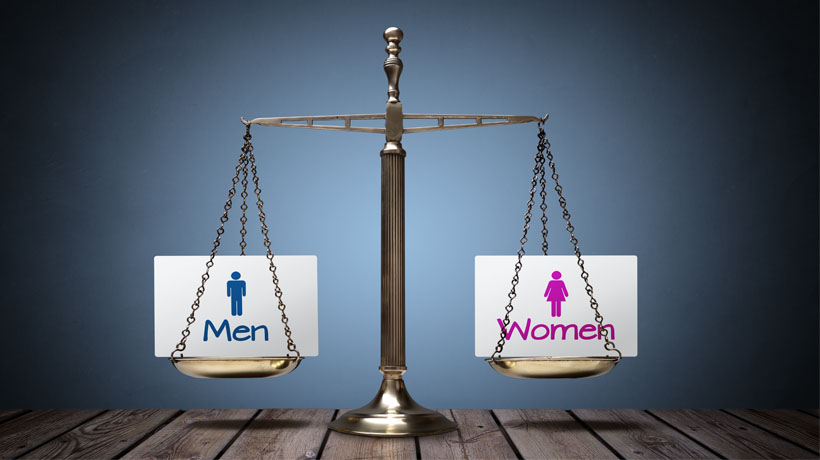When a woman finds out there’s a pay gap between a male coworker that’s just as qualified as she is, what can she do? What is in her power and what is outside her control? What is the most professional way to close that gap?
Today is Equal Pay Day. This date symbolizes how far into the year women must work to earn what men earned in the previous year. If this happens for you, here are the next steps to take:
Deal with your emotion
You will be tempted to be angry at the inequality you have faced and think of what you might have done with the wages you would have earned. This is normal and natural. Constructively move that anger through your body with vigorous workouts (think: boxing) or jamming to your favorite hard beat music. Get it out of your system so you can clear your head.
Then ask “where’s my power?” Take the next steps to right the wrong you are experiencing.
Identify the decision-maker
You may want to talk with your colleagues but it’s best to go directly to the person with information and authority to address your situation. You might start by asking your HR professional or your manager who you can talk with about this situation, and if they are not the decision-maker then ask them to direct you to that person.
It’s important to approach the person with a neutral tone and the approach of a fact-finder because you may not yet have all the information and don’t want to jump to conclusions. Ask them: “Can you help me understand the differential in salary between (the man) and my salary given that we are doing comparable roles? Then, listen while they provide the explanation. They may need to investigate the situation and come back to you.
It’s possible that from the company’s point of view, there is an explanation for the difference in wages. For example, it may seem as if your roles are comparable but he is carrying three projects while you carry two. Or his contributions merit a performance-based raise. Or he may have subsequently negotiated for a salary and you didn’t. (Or it may just be straightforward inequality!)
It will be helpful to you to ask information that will inform your future negotiations. Ask them how salary is determined, and what opportunities are available to you to increase your salary going forward. Use this information and lessons learned in your future advancement discussions.
Ask for equal pay
Ask if you can have a review of the compensation among people with the same title. Ask for an understanding of what goes into the numbers. Depending on what is found, you can directly ask for your salary to be made equal to others who are doing the same role.
If you want to get a sense of what the range of salaries are for your role, you can consult a number of resources including Glassdoor.com, Payscale, Salary.com, and newer mobile apps including Wager.
Places you can go to do further research include https://www.getraised.com/ and http://www.pay-equity.org
Advocate for salary transparency in your company
Once you have dealt with your individual situation, be a part of the solution going forward. Be an advocate for salary transparency.
Salary transparency involves sharing of methods by which compensation is determined, as well as actual figure-based data (e.g., base salaries, performance-based raises). To advocate for your company to do a review of salaries by category, reach out to a senior leader who champions these issues or a business unit leader who cares about the retention of top talent. Or use the voice of your women’s network leadership (they can raise this issue with their Executive Sponsor or on their diversity council).
Stay informed about the equal pay issue
Some good news is that this situation is happening less often because the pay gap is closing. Recent research by Payscale suggests that for men and women doing the same role with similar education, women are on the whole now earning $.98 of men’s wages (though any individual woman’s pay may still lag behind)
However, the fight for equal pay must continue with full effort
The pay gap is still pronounced among women of color. And the more educated a woman is and the higher her role, the more likely she earns less than her male counterparts. And overall men earn more than women, especially because women are more likely to be in low-wage jobs.
Be in your power by addressing your personal situation head on, and then be a part of the equal pay solution for women everywhere!



